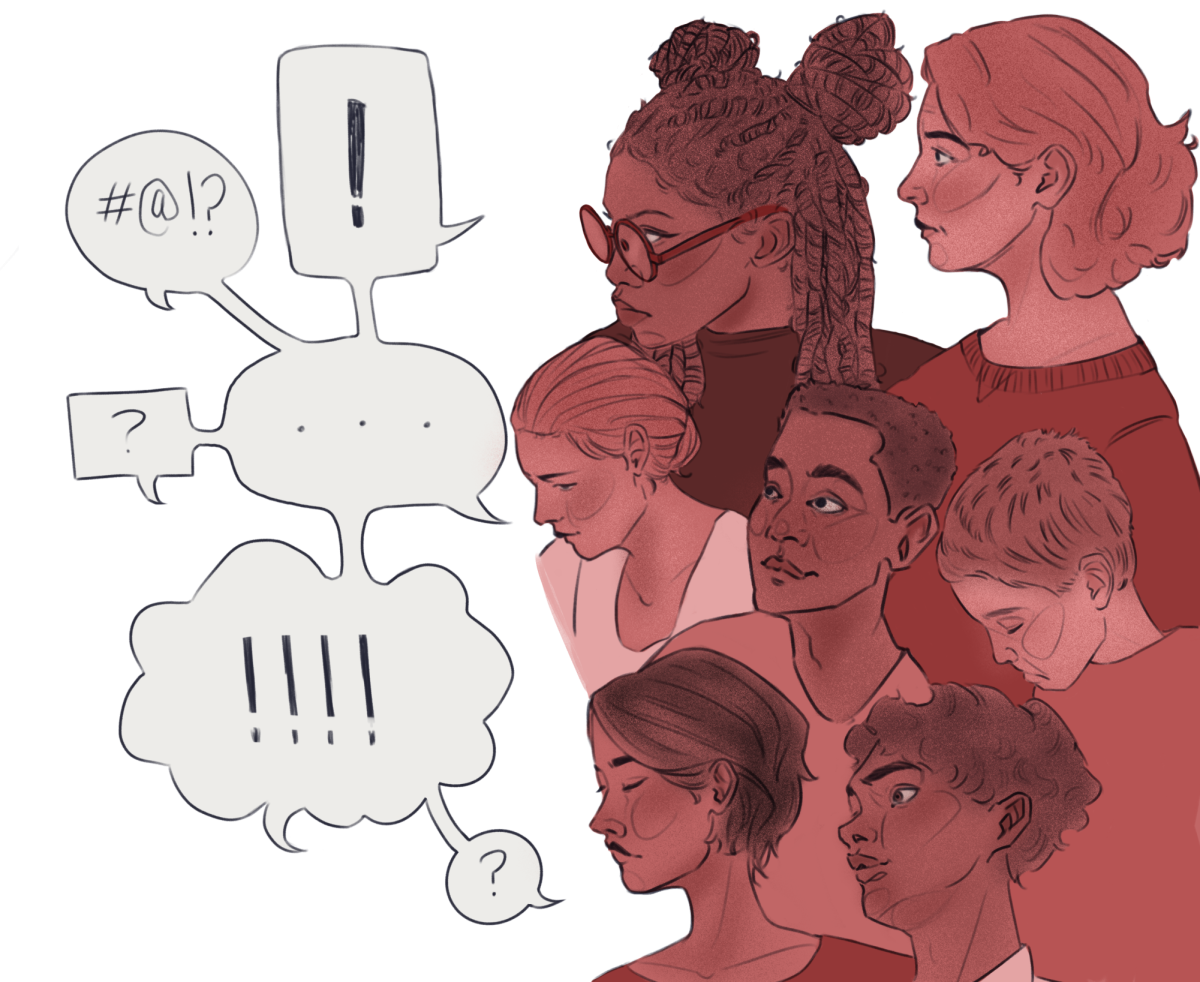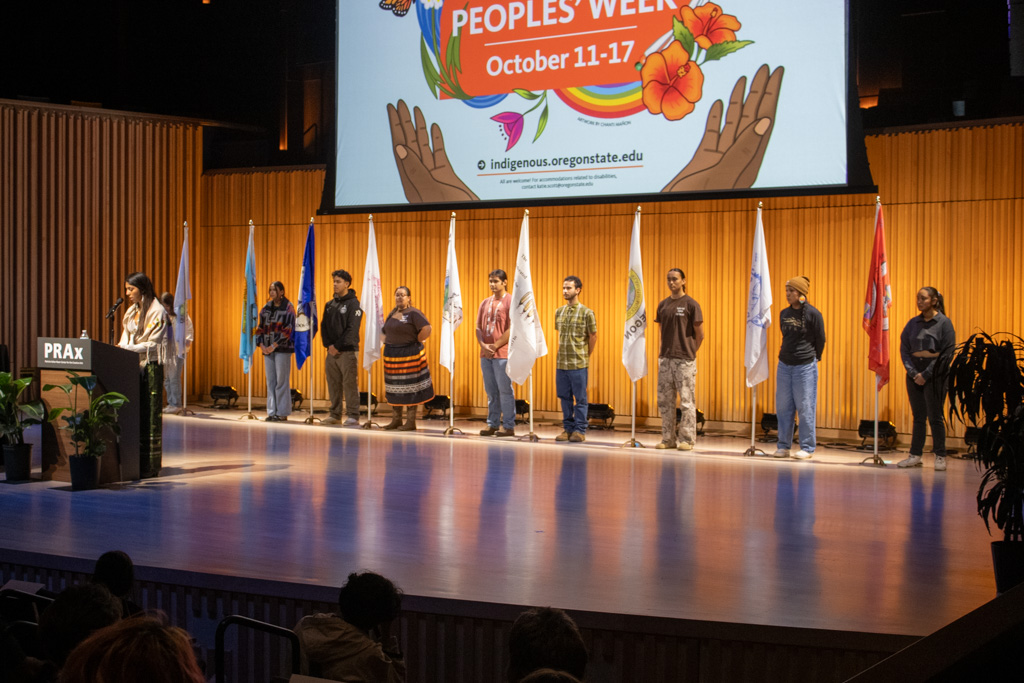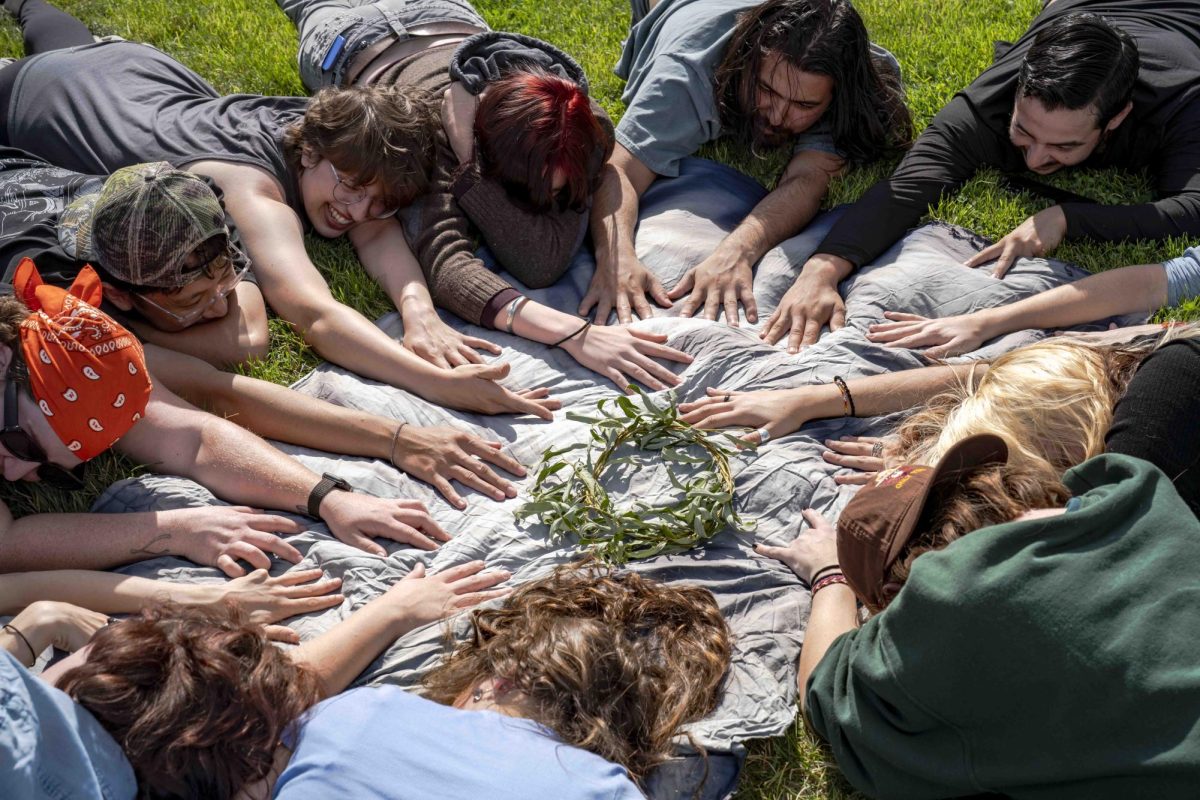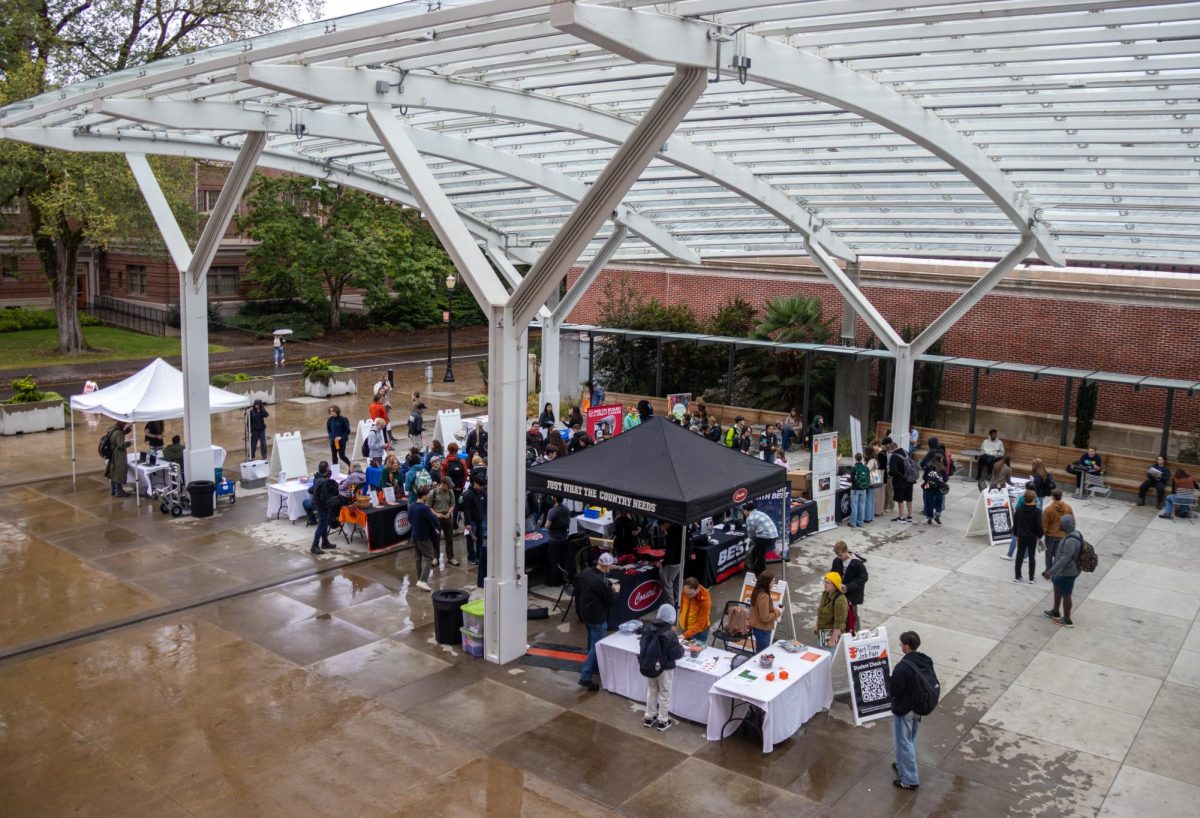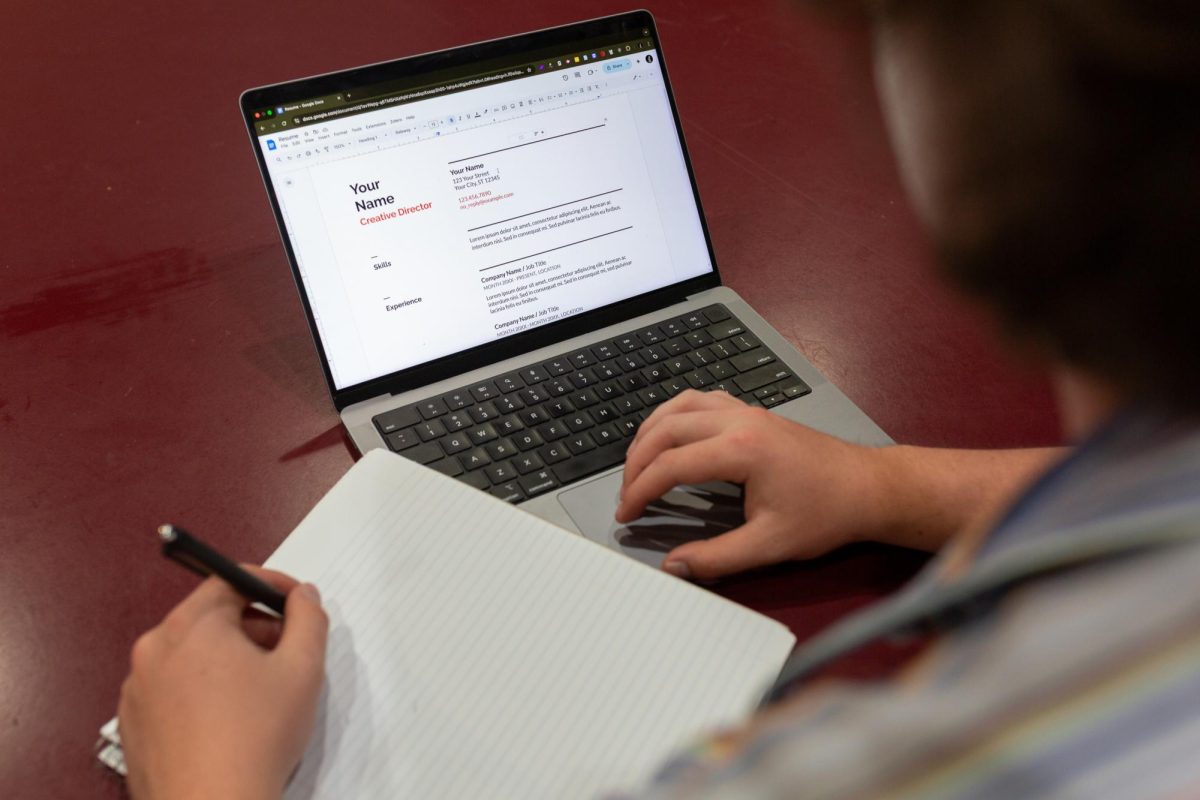Over the years climate change has become an increasingly talked about topic in casual spaces. Between the young and aging it’s a problem that affects us all, but as climate change has become politicized, conversations can turn heated.
How do you have a conversation about climate change with people who have grown up with different rhetorics around the issue who may feel like climate change is not impacting their lives?
According to the United Nations, the consequences of climate change now include intense droughts, water scarcity, severe fires, rising sea levels, flooding, melting polar ice and more. Although seemingly something that doesn’t seem to affect us all firsthand, it is something that is actively changing all of our lives.
“You know it’s got to be contextual,” said Andrea Allan, senior instructor and program director of climate and science in the College of Earth, Ocean and Atmospheric Sciences. “It’s not just something if you’re sitting at the dinner table with your relatives, who may or may not have varying views on the world. It kind of depends on what you’re talking about and why this topic may come up.”
Allan continued to explain the nuances of navigating conversations between inner and outer circles.
“If it’s something that for example you know an older relative or a friend, or just somebody in your social circle brings up because they’re genuinely interested then that’s going to be a lot easier to navigate than if you’re a climate activist and you’re going out to various events trying to spread the word,” Allan said.
So to be fair there won’t be a simple and clear answer. There are climate deniers, generational divides and of course politics here to consider and there’s no way we can compile all of that with a simple ‘Hi’ and ‘Hello’ conversation. But, climate activist or not, Allan discusses the importance of educating ourselves and others young or old.
“My Dad was a Wildlife Biologist turned high school teacher for pretty much when I grew up” said Tias Carney, a climate science student at OSU. “In high school I joined a club called the National Ocean Sciences Bowl which allowed me to do a lot of research papers centered on climate change and its impacts. I think just reading a bunch of things and culminating it in research papers and articles related to climate change showed me the impacts and made me care.”
Tias also mentions how political views can also be associated with generational differences, but there are still ways to get their attention.
Generational differences, although not all the time, are often associated with political view differences Allan explained.
“I think the best way to approach that is by using examples that are relevant to whoever you are talking with,” Allan said. “My uncle who is in his late seventies now, born and raised lives in the same neighborhood in New Jersey that he has lived in his entire life.”
Allan gave an example from her own life experience with her late-seventies, conservative uncle who is skeptical of scientific information from major news sources and media.
“Several years ago at a family gathering, he goes ‘You know, we’re onto something about this climate change stuff’… I went to go fishing at my local fishing hole and the fish that I always could rely on being there weren’t there anymore,’” Allan said.
Allan said that the key is to get the topic to be more relatable for people who may never have learned the science by focusing on little aspects of climate change so as to not overwhelm them.
“Although it might seem small it can really add up,” Carney said. “Especially just trying to find ways to make everyone aware of climate change through outreach and the specific impacts affecting each individual so that they are able to understand the issue. It’s not easy to make change but if everyone is on the same level of understanding it can happen.”
For additional resources on climate change, Allan recommended visiting the National Weather Service in addition to the National Oceanic and Atmospheric Administration online.

